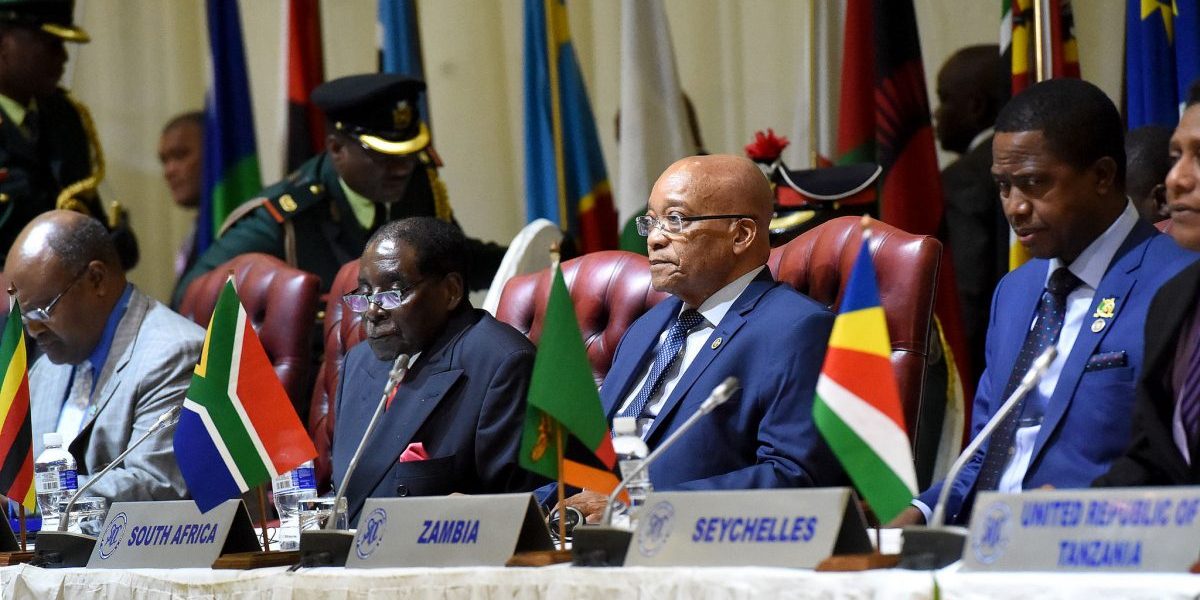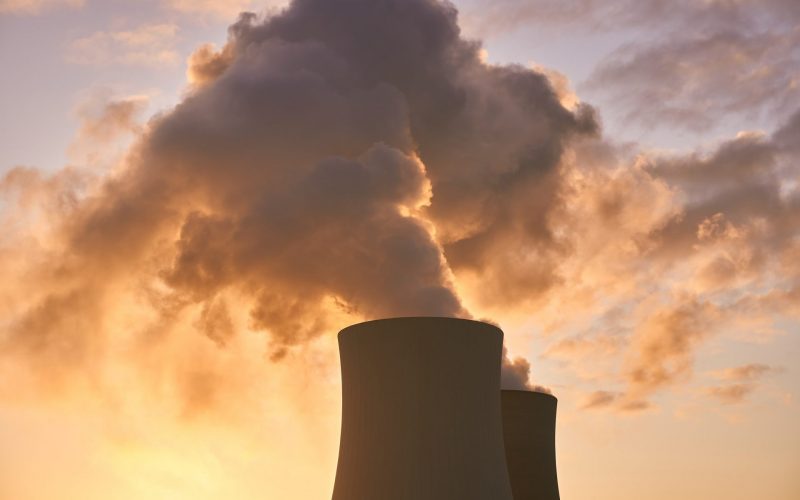They share much in common besides being late-middle-aged males wandering in the political wilderness. Opposition leaders and their parties in SADC stand little or no chance of being elected into government in the foreseeable future. Even in cases where the opposition is numerically strong, such as in Mozambique and Zimbabwe, both have suffered significant recent electoral reversals. Even the MCP of Malawi, which achieved a plurality of the popular vote in the 2004 election, has been unable to parlay this advantage into a governing coalition in the fissiparous farce that currently is Malawian parliamentary politics.
In many SADC countries individual opposition party support peaks at around ten to thirteen per cent and shows no prospect of significant growth, let alone effective challenge to the ruling party. Even the ‘model’ Botswana election of 2004 franked the form of previous elections entrenching the BDP and leaving the opposition parties squabbling over the scraps. The recent change of government in Mauritius simply continues the pattern of rotating coalitions since independence, rather than representing a sea change of public political opinion and support. Perhaps this is as close as it gets to the operation of conventional plural democracy in the region.
Indeed, if the peaceful change of government through free and fair elections is a key marker of a consolidated democratic system, why is it that SADC countries, with few the exceptions, have yet to meet this test? By contrast, in West Africa, Ghana ‘passed’ such a test in December 2000, although it could be argued that it took from 1957 to do so and that this is but a beachhead in the battle for democratic consolidation in West Africa. One argument could be that the test itself is false, that the criterion of consolidation is an artificial construct of western democratic theorists, unable or unwilling to accept that the popular will of the electorate may simply result in the re-affirmation of dominant party rule. Intrinsically there is nothing undemocratic about an electorate freely voting a ruling party back into office for decades, as was the case with the Liberal Democrats in post-war Japan for example. Moreover, under successive leaders before Tony Blair, the Labour Party was simply unelectable in Britain. Yet today it is hard to conceive of the Conservative Party, still less the Liberal Democrats, ousting New Labour for years.
Yet what is perplexing and intriguing about the skewed party political chessboard in SADC is how inelastic and unresponsive the electorate generally is to governmental under-performance and failure. After all, southern Africa is a region of the globe that over the past two decades has shown a decline in core human development indices, its governments have been often dilatory and ineffectual in dealing with HIV/Aids, malaria and TB and corruption remains chronic. Even at the extreme, in SADC countries where constitutional decimation, human rights abuses and governmental profligacy have become the norm, the electorate appears unmoved or politically catatonic.
Such voting behaviour is often explained in terms of patriotic support for ruling parties that inherit the political mantle of victorious anti-colonial liberation struggles, reinforced by the guile of charismatic political father figures. But the post-colonial period has also seen liberation parties progressively consolidate their political grip by fusing elements of state and party activity, enhancing executive authority at the expense of parliaments, as well as the artful and crude domination of the media. Most effectively, however, liberation parties have successfully secured a stream of financial support as pay-back for strategic political deployments in the economic sector and crude largesse. The capture of the state by a political party in SADC has been the sine qua non of position, prosperity and security for party members and their acolytes. To be in opposition is to be nowhere.
Thus the major challenge confronting the political opposition in SADC countries is structural and not amenable to short-term remedy. In engaging in opposition politics in SADC one is de facto placing oneself on the ‘wrong side’ of liberation politics, the electorate, the media, the state and all its organs, most lamentably sometimes the judiciary. Such is the conjoined nature of party, state and economic relations in SADC that opposition politicians occupy an almost leper-like status even for the intelligentsia, business class and donors. The risk to businesses in SADC of being shut out of government contracts and contacts due to financial support for opposition parties goes straight to the bottom line. Newspapers carrying critical opposition viewpoints are faced with the withdrawal of lucrative government advertising or printing contracts. Whilst often happy to hold private meetings and discussions with opposition party leaders, donors and the diplomatic community assiduously avoid propinquity for fear of alienating ruling party and governmental elites.
A further structural weakness confronting the political opposition in SADC countries is its inability to recruit young talent against the seductive lure and security of government service, donor employment, or the corporate private sector. Indeed the real cream of SADC talent is increasingly a diaspora, denoting not just an aspiration to a better life, but also a wholesale rejection of domestic politics.
So with little prospect of change in the politically anaesthetising environment of post- struggle SADC, the responsibility of effective opposition in the region has been left to our league of aging, tired and strategically hopeless Honourable gentlemen and parliamentary democracy in SADC is left all the poorer. Perhaps it is now time for our extraordinary league of SADC women to enter stage left?







